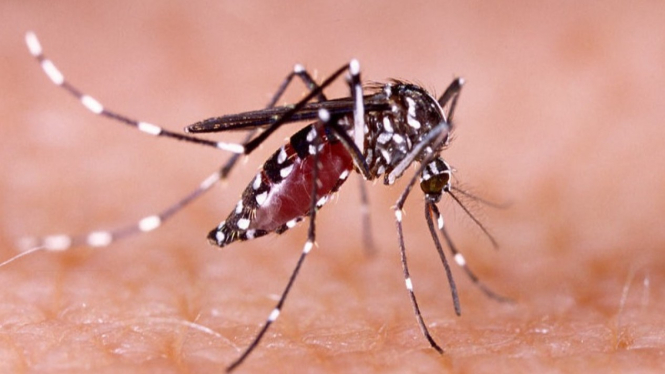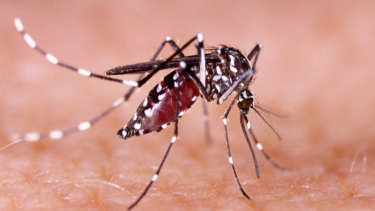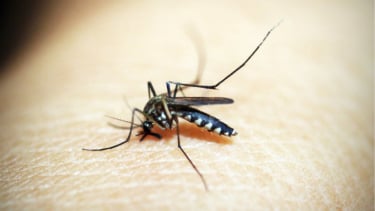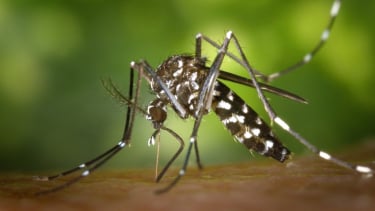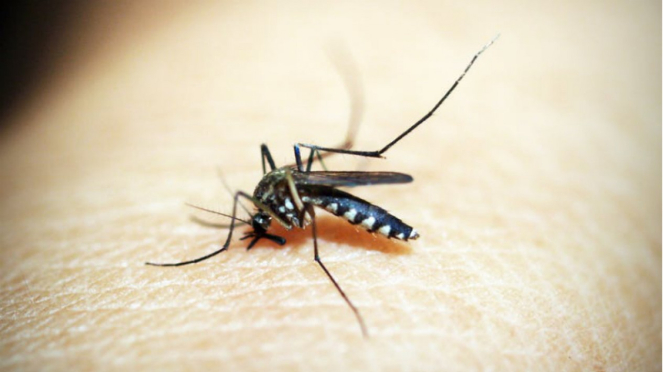- vstory
Jakarta – The Mosquito, ofteen seen as inconspicuous and tiny creature actually has significant role in nature. Despite their small size, these tiny insects have a significant impact, not only as annoying pests but also as vectors of disease transmission.
However, there's a type of mosquito that has been the subject of recent research, namely mosquito contains Wolbachia bacteria. But is it dangerous to humans? read below to know more.
Wolbachia are extremely common bacteria that occur naturally in 50 per cent of insect species, including some mosquitoes, fruit flies, moths, dragonflies and butterflies.
Ilustrasi nyamuk.
- Pexels/icon0.com
Wolbachia is safe for humans and the environment. Independent risk analyses indicate that the release of Wolbachia mosquitoes poses negligible risk to humans and the environment.
Wolbachia lives inside insect cells and is passed from one generation to the next through an insect’s eggs. Aedes aegypti mosquitoes don’t normally carry Wolbachia, however many other mosquitoes do.
Wolbachia can inhibit the development of viruses in mosquitoes, so mosquitoes containing Wolbachia will not spread diseases such as dengue hemorrhagic fever, Zika, and chikungunya.
Moreover, several studies have shown that the natural dispersal of Wolbachia mosquitoes or the release of genetically modified mosquitoes can be an effective disease vector control strategy.
Wolbachia helps to reduce the ability of mosquitoes to transmit viruses, thereby helping to reduce the incidence of mosquito-borne diseases.
Nyamuk aedes aegypti.
- Pixabay
Safety for Humans
At present, scientific evidence suggests that Wolbachia does not directly harm human health. A researcher at the UGM Center for Tropical Medicine and a research member of the World Mosquito Program (WMP) Yogyakarta, Riris Andono Ahmad said that Wolbachia does not infect humans.
"Nothing changes from the mosquito. The mosquito doesn’t become a bionic mosquito, a transgenic mosquito. What happens is a kind of mechanical blocking so that in the end the impact of mosquito bites is the same," Riris said, quoting Antara.
Therefore, from a human health perspective, the presence of Wolbachia in mosquitoes is considered an ally rather than a threat.
Apart from the potential safety of Wolbachia to humans, there are also ethical and social considerations that need to be taken into account.
Some communities may feel apprehensive or disapprove of the use of genetically modified mosquitoes in disease vector control efforts. Therefore, there is a need for open dialog and community participation in the implementation of this strategy.

